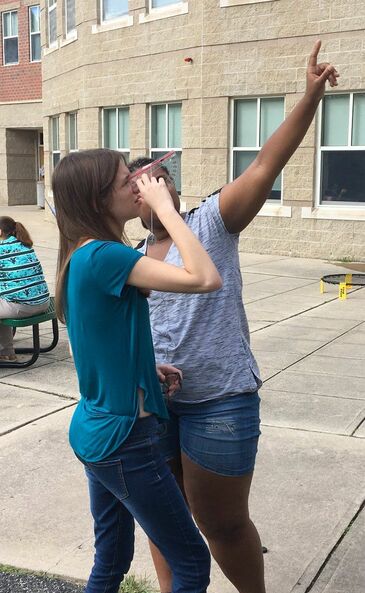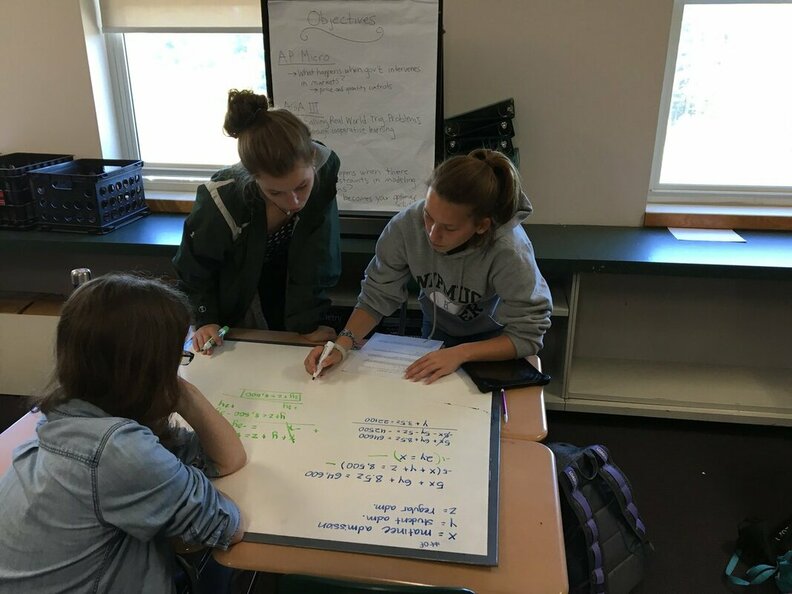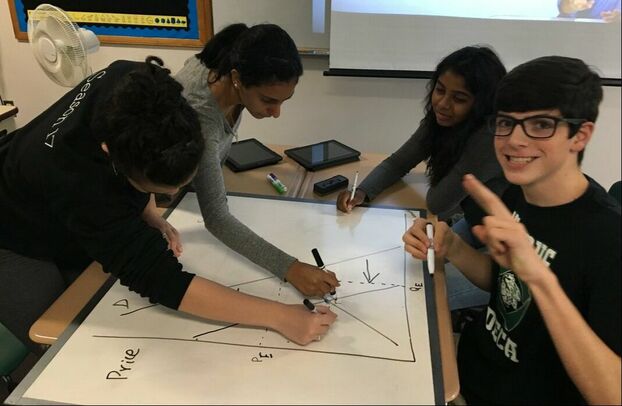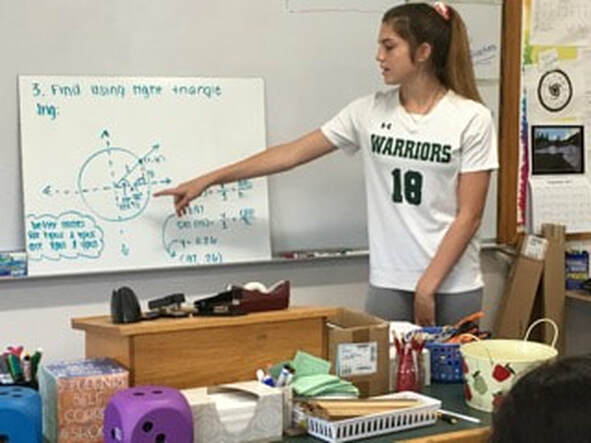MATH
Empowering students with the opportunities to develop mathematical/computer science skills to become skillful problem solvers in the world around them.
“Education is not the learning of facts, but the training of the mind to think.” -Albert Einstein
“Education is not the learning of facts, but the training of the mind to think.” -Albert Einstein
|
Empower.
Students discover problem-seeking and problem-solving strategies that empower them to solve the personal and professional challenges of their lives.
|
Inquire.
Students use mathematics to support inquiry across all academic disciplines to deepen their analytical thinking and problem-solving abilities.
|
Analyze.
Students analyze real-world phenomenon through the use of computational algorithms beginning their freshman year and continuing throughout the courses they take while at Nipmuc.
|




